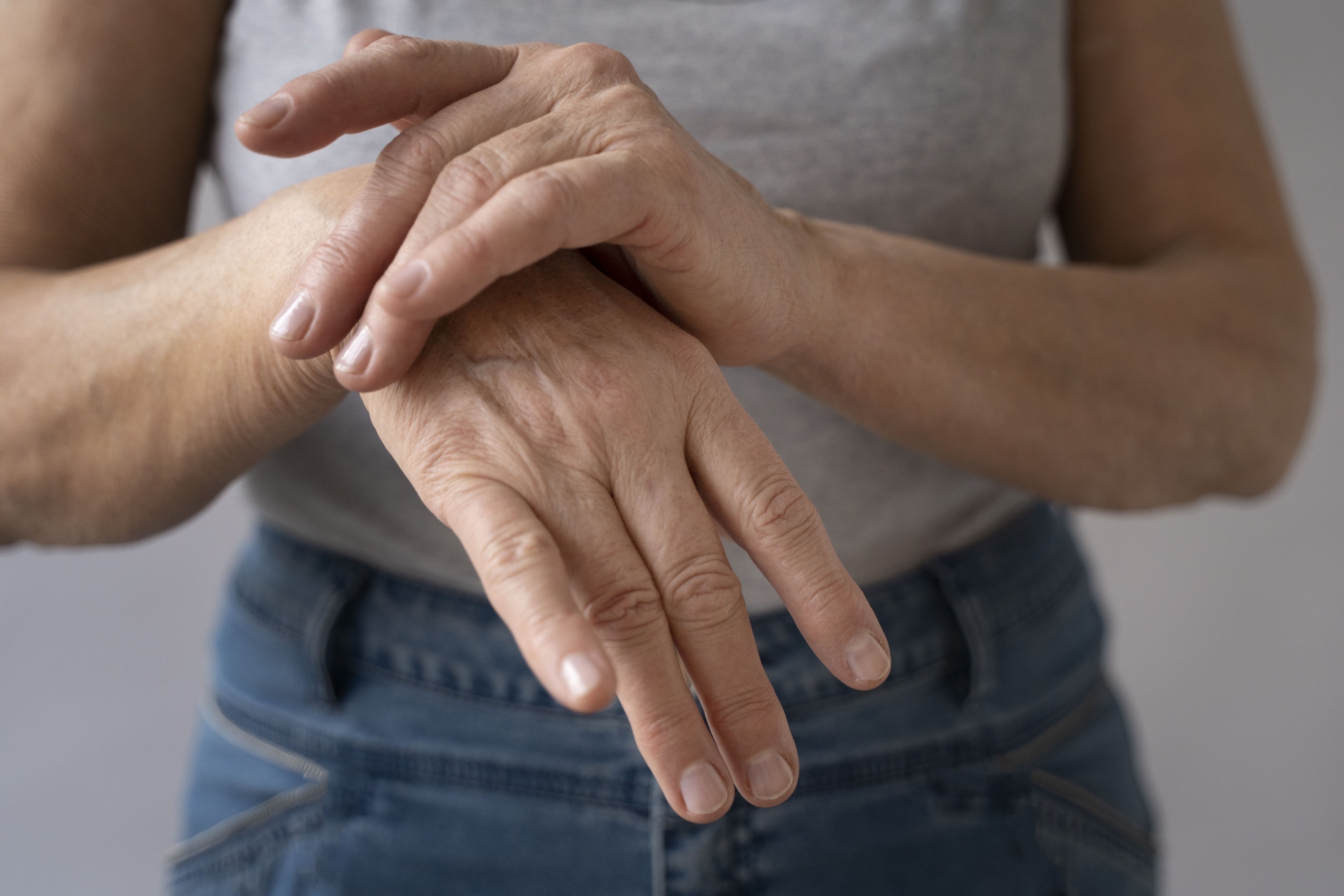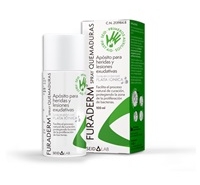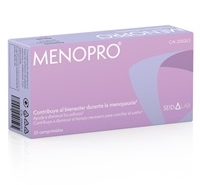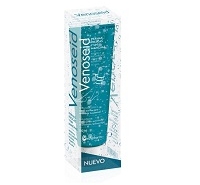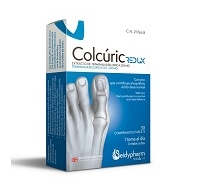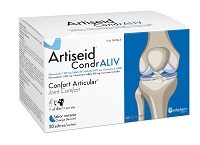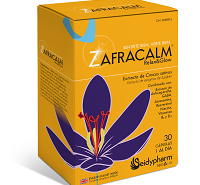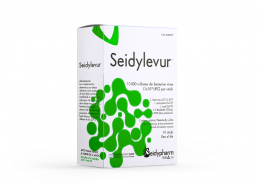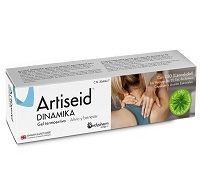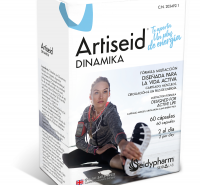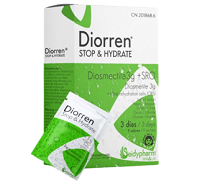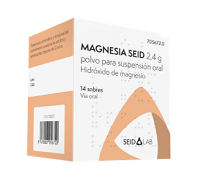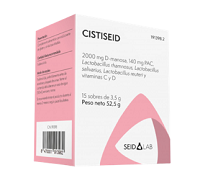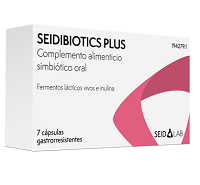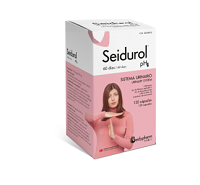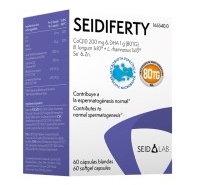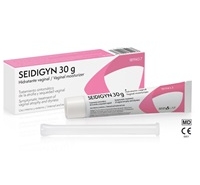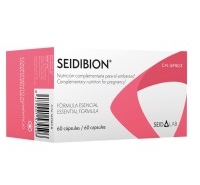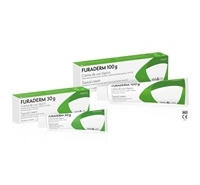Osteoarthritis or rheumatoid arthritis? Treatments to relieve symptoms
Osteoarthritis and rheumatoid arthritis are two joint-related diseases that particularly affect women.
For proper diagnosis and treatment it is important to understand the differences between them. Both conditions can cause pain and inflammation, but their causes and characteristics are different.
In this article, we explain the causes, characteristic symptoms and treatment options for each.
What is osteoarthritis and what are its symptoms?
Osteoarthritis, also known as osteoarthritis, is a degenerative disease that affects the joints, destroying the articular cartilage, and can cause mechanical pain (i.e. it is triggered by movement and improves with rest), stiffness and limited movement. As the cartilage that lines the joints wears away, the bones can rub against each other, causing discomfort and making it difficult to perform everyday activities.
How to relieve the symptoms of osteoarthritis
Fortunately, there are several strategies to alleviate the symptoms of osteoarthritis and improve quality of life. Here are some tips that you can incorporate into your everyday life:
- Maintain a healthy weight: Excess weight puts extra pressure on the joints, worsening the symptoms of osteoarthritis. Maintaining an appropriate weight can ease the burden on joints and reduce pain.
- Exercise regularly: Low-impact exercise, such as swimming, cycling and muscle-strengthening exercises, can help strengthen the muscles surrounding the joints and improve their stability. Consult a health professional for specific recommendations.
- Apply hot or cold compresses: Cold packs can reduce inflammation and pain, while hot packs can relieve stiffness and relax muscles. Alternate the use of both types of compresses according to your needs.
- Try physical therapies: Physiotherapy and occupational therapy can be beneficial in relieving osteoarthritis symptoms. These therapies may include specific exercises, joint mobilisation techniques and advice on adapting your daily activities.
- Consider dietary supplements: Some supplements, such as ARTISEID® CONDRALIV, are specifically designed to provide relief and quality of life in cases of joint disease. Consult a healthcare professional before starting any supplementation.

What is rheumatoid arthritis and what are its symptoms?
Rheumatoid arthritis is a chronic autoimmune disease (the body itself attacks healthy cells due to a disruption of the immune system), characterised by joint inflammation and persistent pain. Although it can affect people of any age, it is more common in women and usually develops between the ages of 30 and 50. The condition can affect the quality of life of those who suffer from it, as it limits mobility, causes pain that worsens with rest, causes constant discomfort, and can have extra-articular manifestations such as fever, tiredness and lack of appetite. Fortunately, there are measures that can help alleviate symptoms and improve well-being in people with rheumatoid arthritis.
Relieving the symptoms of rheumatoid arthritis
Here are some useful tips to help you cope better with the disease on a day-to-day basis:
- Physical therapies: Physical and occupational therapy are important options for managing rheumatoid arthritis. These therapies may include specific exercises to strengthen muscles, improve flexibility and maintain range of motion in affected joints.
- Heat and cold: Applying hot or cold packs to inflamed joints may provide temporary relief. Hot packs can help relax muscles and relieve stiffness, while cold packs can reduce swelling and burning sensations.
- Adequate rest: It is important to give your body the rest it needs. You can alternate periods of activity with times of rest to avoid overstressing the affected joints.
- Healthy eating: Eating a balanced diet to avoid being overweight and having a healthy microbiota can help control the symptoms of rheumatoid arthritis. Include foods rich in antioxidants, omega-3s and vitamin D, which may have anti-inflammatory properties.
- Reduce stress: Stress can worsen rheumatoid arthritis symptoms. Find ways to reduce stress in your life, such as practising relaxation techniques, meditation or participating in activities that you find pleasurable.
- Stay active: moderate exercise can help reduce pain and maintain joint flexibility. Always under the supervision of a specialist.
- Stop smoking: Smoking increases the risk of rheumatic diseases as well as aggravating the symptoms.
- Use of food supplements: Some supplements, such as ARTISEID® CONDRALIV can help reduce inflammation, relieve pain and modulate the mood response to pain.
It is always important to consult a doctor for an accurate diagnosis and appropriate treatment. Each individual may have specific needs, so it is essential to receive personalised medical care. By following these tips and working together with your doctor, you can relieve the symptoms of rheumatoid arthritis and improve your quality of life.

